We’re watching them die’: can right whales pull back from the brink?
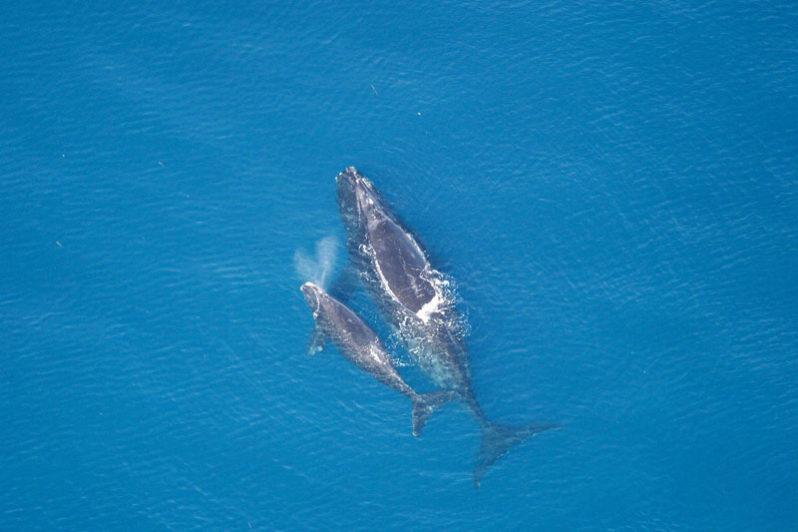
Dedicated conservationists are striving to save the North Atlantic right whale – believed to be down to 400 individuals as ships and fishing gear take their toll.
Creating a sustainable sand industry requires greater regulation – here’s why
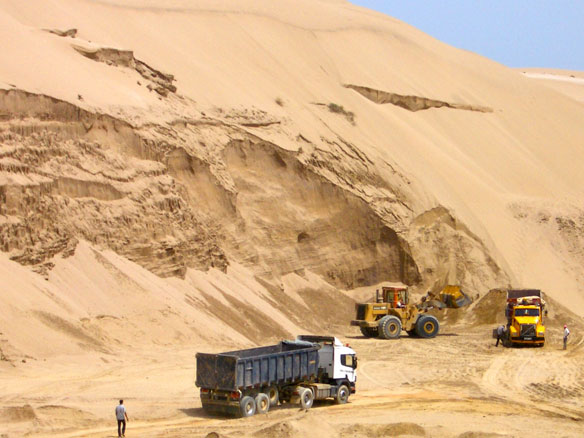
Until its trade is more closely monitored and regulated, sand will continue to be exploited, threatening the very building blocks of modern society. But surveillance alone may not be enough: the industry urgently needs more alternatives to sand.
Scientists confirm dramatic melting of Greenland ice sheet
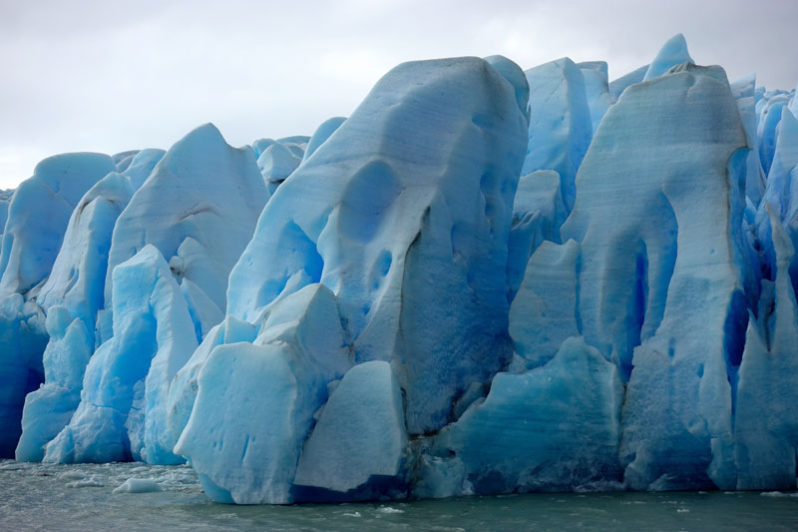
There was a dramatic melting of Greenland’s ice sheet in the summer of 2019, researchers have confirmed, in a study that reveals the loss was largely due to a persistent zone of high pressure over the region.
Images of Venice from space show how current crisis has changed the city’s iconic canals
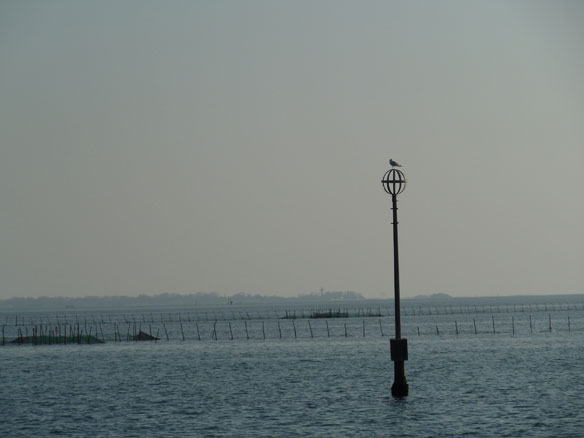
The European Space Agency has released two images of Venice, taken one year apart, which highlight the impact the coronavirus pandemic has had on its famous waterways.
Estuaries are warming at twice the rate of oceans and atmosphere
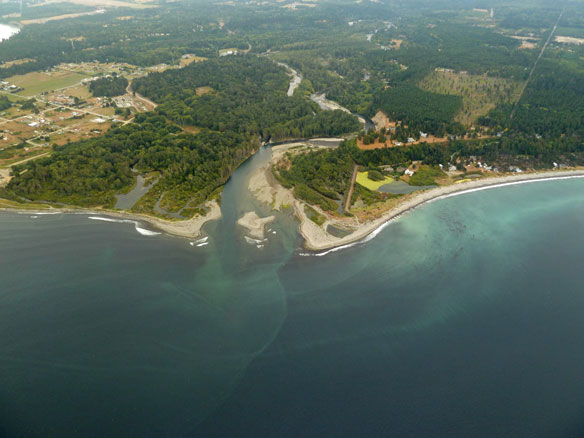
New research shows that estuaries are particularly vulnerable to a warming environment. This is a concern not only for the marine and bird life that rely on them but the millions of people who depend on rivers, lakes and lagoons for their livelihoods around the world.
Exploring the link between education and climate change

The importance of pursuing sustainable development poses a challenge to scientists in terms of determining the most effective ways to achieve desired outcomes across health, education, poverty, energy, the environment. A recent study brings together several different connections between particularly education and climate change and evaluates them together.
Yet Another Consequence of the Pandemic: More Plastic Waste
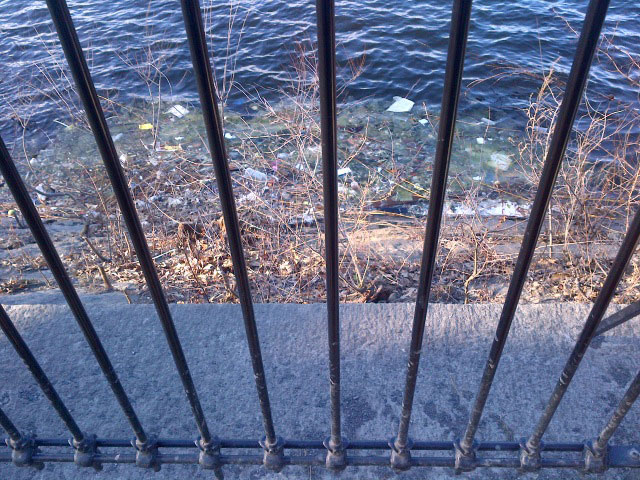
This new normal means mountains of single-use plastic—and few places to put it but the dump.
Scientists have found oil from the Deepwater Horizon blowout in fishes’ livers and on the deep ocean floor
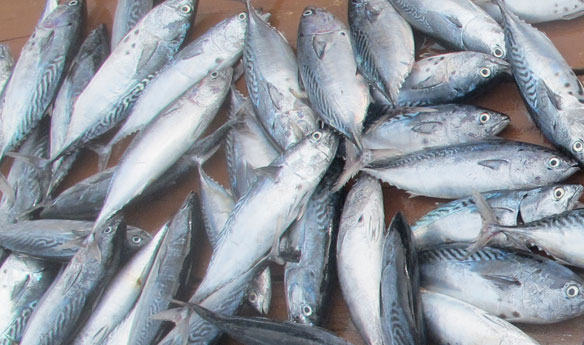
Over the decade since the Deepwater Horizon spill, thousands of scientists have analyzed its impact on the Gulf of Mexico. The spill affected many different parts of the Gulf, from coastal marshes to the deep sea.
Offshore oil and gas platforms release more methane than previously estimated
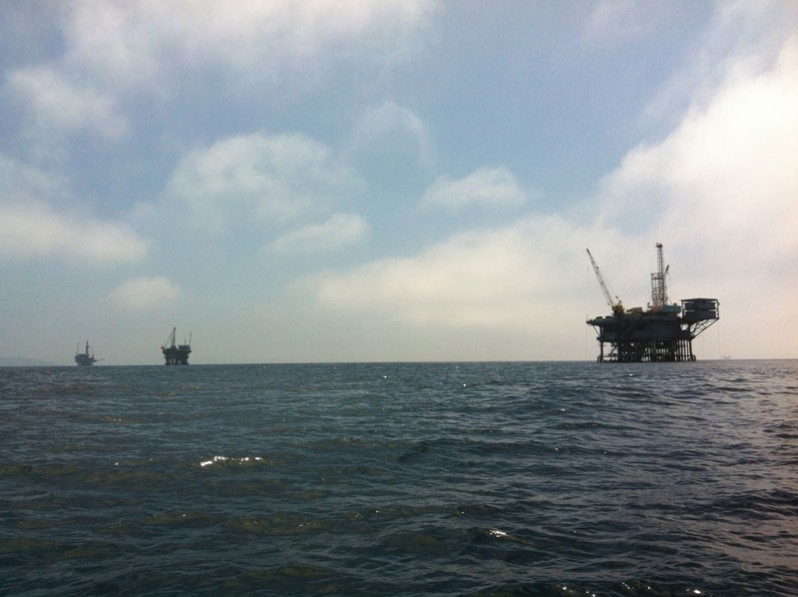
Offshore energy-producing platforms in U.S. waters of the Gulf of Mexico are emitting twice as much methane, a greenhouse gas, than previously thought, according to a new study.
